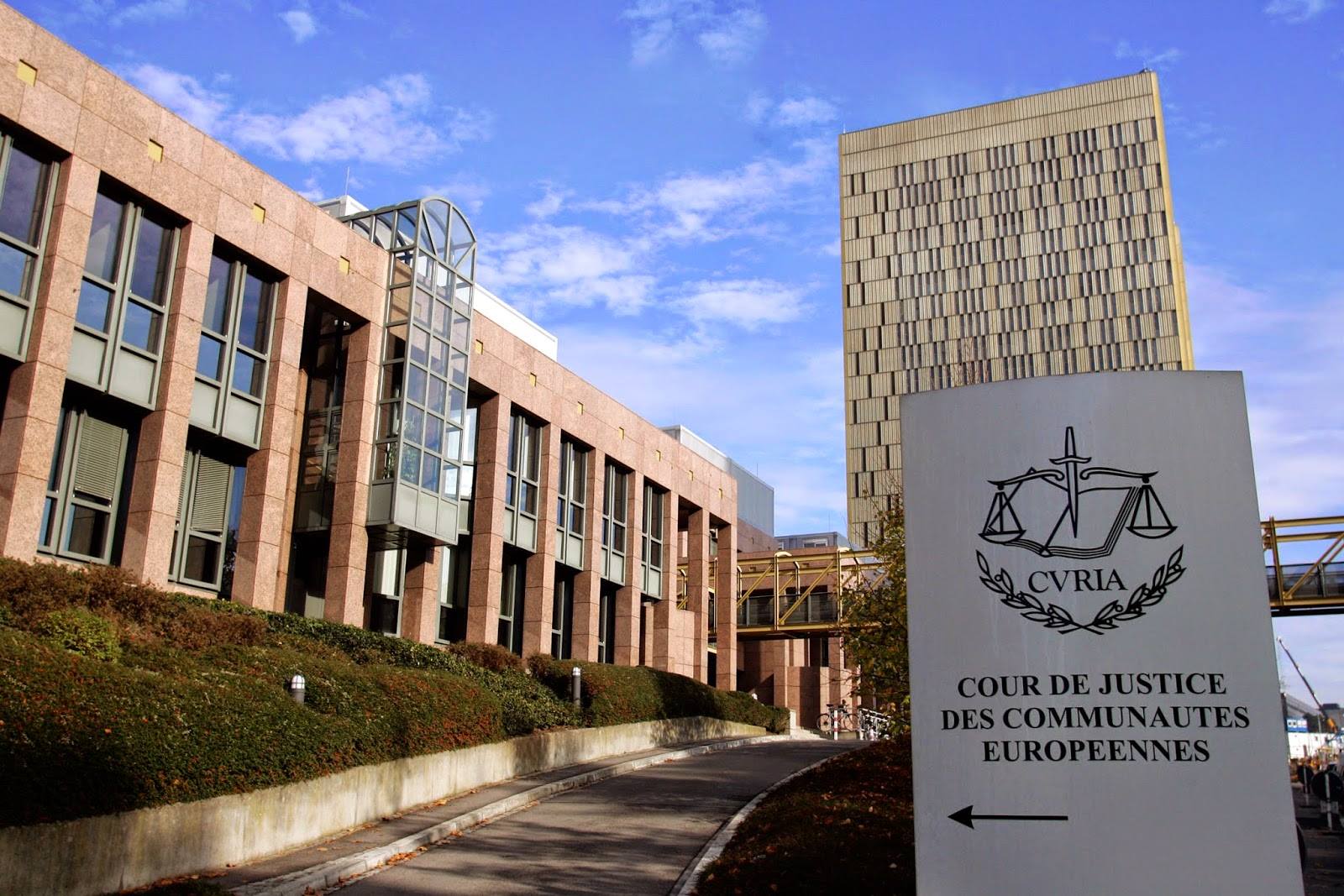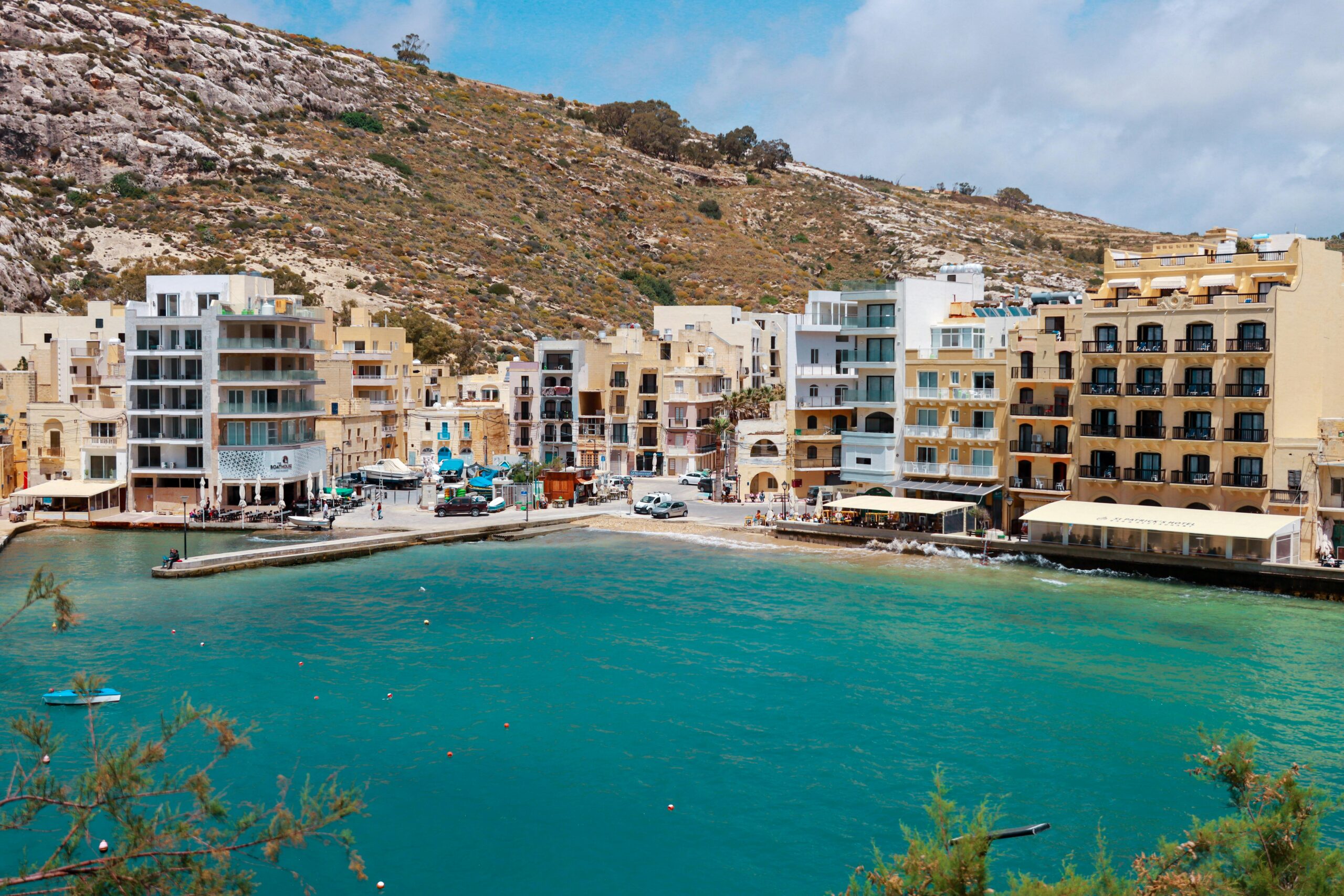The European Commission has decided to refer Malta to the Court of Justice of the European Union for its investor citizenship scheme, also referred to as the ‘golden passports’.
In a press release issued on Thursday (today), the Commission stated that granting EU citizenship in return for pre-determined payments or investments without any genuine link to the Member State concerned “is not compatible with the principle of sincere cooperation … and with the concept of Union citizenship”.
It therefore considers that Malta’s citizenship-by-investment scheme breaks Article 4(3) of the Treaty on European Union and Article 20 of the Treaty on the Functioning of the European Union.
On 20th October 2020, the Commission sent a letter of formal notice to Malta, urging it to end its investor citizenship scheme. The Commission sent an additional letter of formal notice to Malta on 9th June 2021, following the introduction of a new scheme at the end of 2020.
Following Russia’s war against Ukraine, Malta suspended this new scheme for Russian and Belarusian nationals. While the Commission described this as “a positive step”, it noted that Malta continues to operate the scheme for all other nationalities and has not expressed any intention to end it.
On 6th April 2022, the Commission sent a reasoned opinion to Malta.
Malta’s reply did not satisfactorily address the concerns raised by the Commission. Malta is the only remaining Member State that operates such a scheme.
Consequently, the Commission decided today to refer Malta to the Court of Justice of the EU under Article 258(2) of the Treaty on the Functioning of the European Union.
“Only worthy individuals get citizenship”
Reacting to the move, the Ministry for the Interior, Security, Reforms and Equality said the court case gives Malta “the opportunity to continue rebutting the said allegations”, and will let the Court of Justice settle the matter by ruling on the interpretation of the treaties.
The Maltese Government said it has always cooperated to reduce risks related to the scheme, and insisted that it operates “on the basis of robust due diligence processes which address the risks related to money laundering and the financing of terrorism, and ensure that only worthy individuals would acquire Maltese citizenship and consequently European citizenship”.
It pointed out that Malta’s legislative framework was carefully scrutinised in evaluations on the risks of money laundering and the financing of terrorism by several international institutions, namely Moneyval and FATF.
“The entities and their processes successfully passed the same evaluations and were even recognised as a model for other countries in the fight against the activities of the mentioned organised crime. These processes also include the sharing of information in a transparent manner with third country jurisdictions.’
It added that dialogue between the parties has always been “constructive and in good faith”, despite the “diverging interpretation of the treaties on competences relating to citizenship”. T
The Government said it has provided legal argument that “prove” that the grant of Maltese citizenship is a wholly national competence with no limits.
Therefore, following consultations with experts in this field, the Maltese Government said it “strongly rejects the interpretation given by the Commission regarding such articles.
“A black day for Malta”
PN spokesperson Peter Agius was the first to react to the news, describing this as a “black day for Malta”.
“They [the Commission] are accusing us of breaking the principle of loyalty in the European Union,” he said.
He then went on to accuse the current and previous Prime Ministers for the move, saying: “Look at where Joseph Muscat and Robert Abela have brought us. This tension with Europe is certainly not in the interest of Malta’s workers and businesses.”
db Foundation raises €8,419 for Karl Vella Foundation with MasterChef Malta Charity Dinner
These events form part of the db Foundation's ongoing commitment to supporting vulnerable members of society through impactful initiatives
Residential property prices rise by 5.7% in first quarter of 2025
The new figures show continued growth in Malta’s property sector
Youth4Entrepreneurship Gozo 2025: Youth invited to propose innovative digital solutions
The initiative aims to empower youth to become active contributors to Gozo’s development by addressing local challenges






